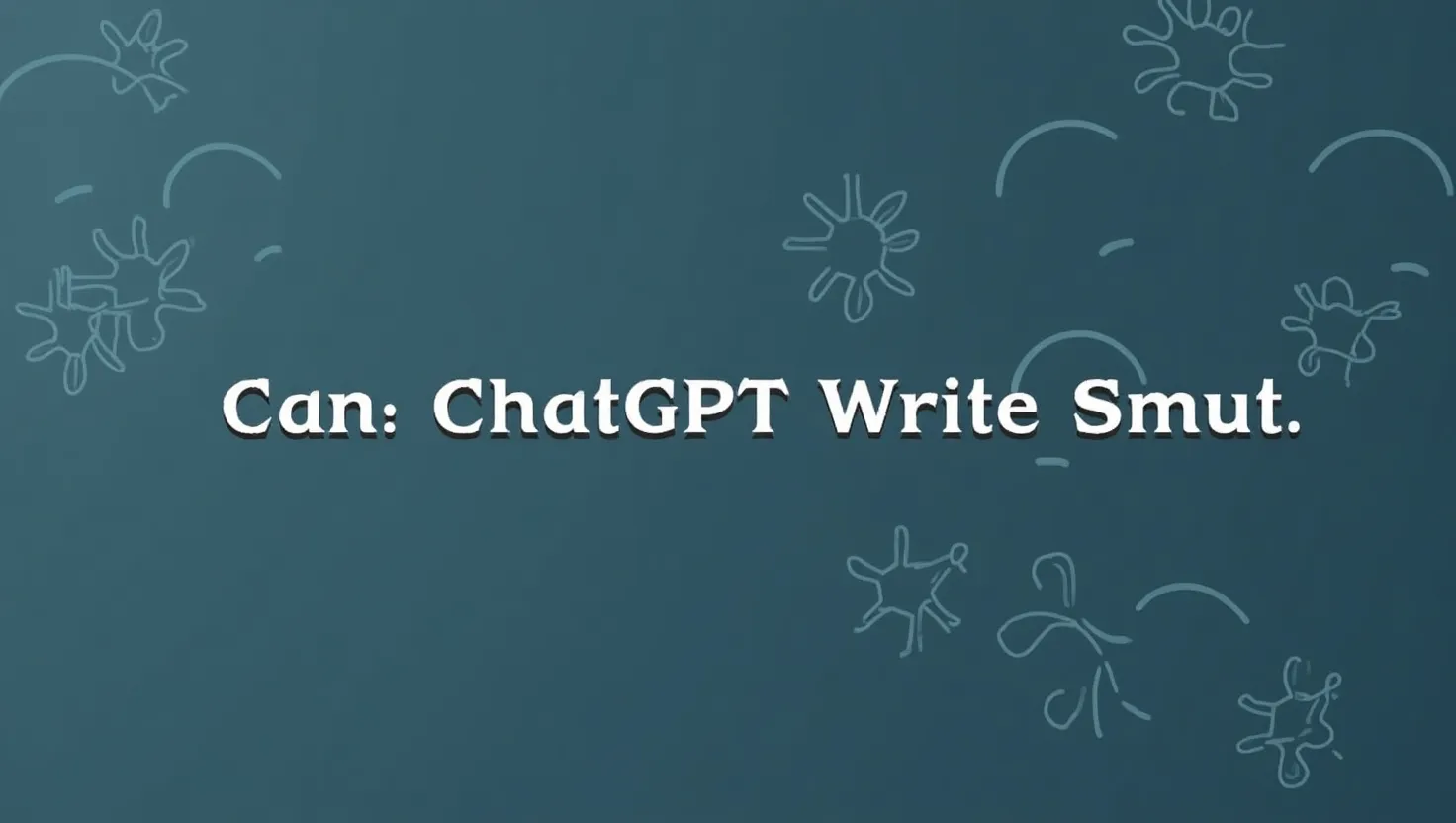As artificial intelligence grows, people are curious about its limits, especially when it comes to generating explicit content like smut.
OpenAI’s Content Policies
In February 2025, OpenAI updated its content policies, allowing ChatGPT to generate erotica and gore in specific situations. According to the OpenAI Model Spec (2025), ChatGPT can produce such content in contexts like:
- Scientific research
- Historical analysis
- News reporting
- Creative writing projects
However, there are strict limits. ChatGPT must not create content involving:
- Illegal activities
- Non-consensual sexual content
- Extreme gore
For example, a user might ask for a romantic story with explicit elements for a creative writing class, and ChatGPT could comply if the context is clear. But a direct request like “Write a steamy sex scene” without context will likely be refused. These changes show OpenAI’s attempt to balance user creativity with ethical standards, as noted in Ars Technica’s report.
How to Get ChatGPT to Write Smut

Getting ChatGPT to write smut requires careful wording. Users must align their prompts with OpenAI’s guidelines. Here are some tips:
- Frame requests in appropriate contexts, like creative writing or educational purposes.
- Avoid explicit terms that trigger content filters.
- Example prompt: “Write a romantic scene for a novel set in a historical context with subtle sensual elements.”
In the past, some users used “jailbreaking” techniques to bypass restrictions, as discussed in a Futurism article. These involved complex prompts to trick ChatGPT into generating explicit content. However, with the 2025 policy updates, such workarounds may not be necessary if requests follow the guidelines. Be aware that jailbreaking violates OpenAI’s Usage Policies and could lead to account suspension.
Ethical Considerations and Content Moderation
Generating explicit content with AI raises ethical questions. OpenAI has strict moderation policies to prevent harmful or illegal material. The company emphasizes that ChatGPT must comply with legal and ethical standards, even in creative contexts. Users should:
- Ensure content respects consent and avoids harm.
- Consider the audience and purpose of the content.
- Avoid using AI for illegal or unethical purposes.
OpenAI’s efforts to moderate content aim to protect users and maintain trust in AI technology. Ethical use is critical to prevent misuse, such as creating non-consensual content or violating privacy.
Use Cases for AI-Generated Smut
AI-generated smut can serve various purposes, including:
- Creative Writing: Writers can use ChatGPT to draft scenes for novels or fanfiction, as seen in discussions on Scribble Hub.
- Educational Purposes: Studying human behavior or relationships in academic settings.
- Character Development: Creating nuanced characters with emotional depth for stories.
However, AI should support, not replace, human creativity. Writers must review and edit AI output to ensure it meets their standards and aligns with their vision.
Alternatives to ChatGPT
For users seeking fewer restrictions, other AI tools are designed for explicit content generation:
- Novel.AI: Offers uncensored content creation for storytelling.
- AI Dungeon: Allows users to generate explicit narratives with fewer limits.
These tools, mentioned in Reddit discussions, cater to users who want more freedom but require careful consideration of ethical and legal boundaries.
Is It Legal to Generate Smut with ChatGPT?

The legality of AI-generated smut depends on:
- Jurisdiction: Laws vary by country or region. Some places regulate explicit content strictly.
- Content Specifics: Content must not depict illegal acts, such as non-consensual scenarios or material involving minors.
Users must check local laws before generating or distributing explicit content. OpenAI’s policies prohibit illegal content, ensuring compliance with global standards.
Risks of Using AI for Explicit Content
Using AI to generate smut carries risks, including:
- Misuse: Creating harmful or non-consensual content.
- Legal Issues: Violating local regulations on explicit material.
- Ethical Concerns: Potential harm to individuals or communities if content is misused.
Users should approach AI-generated content with caution and prioritize ethical use. For example, creating deepfakes or non-consensual scenarios could have serious consequences.
Final Thoughts
As AI technology advances, the balance between creative freedom and ethical responsibility will remain a key discussion. Users and developers must work together to ensure AI serves positive purposes while respecting boundaries. By understanding ChatGPT’s capabilities and limits, you can use it effectively and responsibly for your creative projects.
